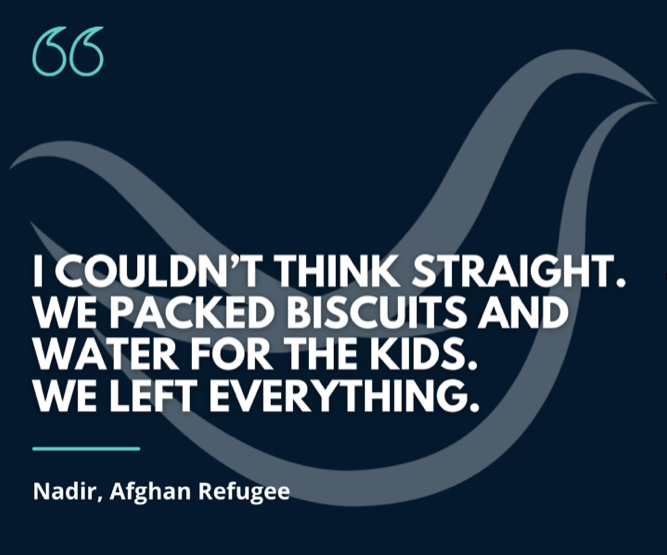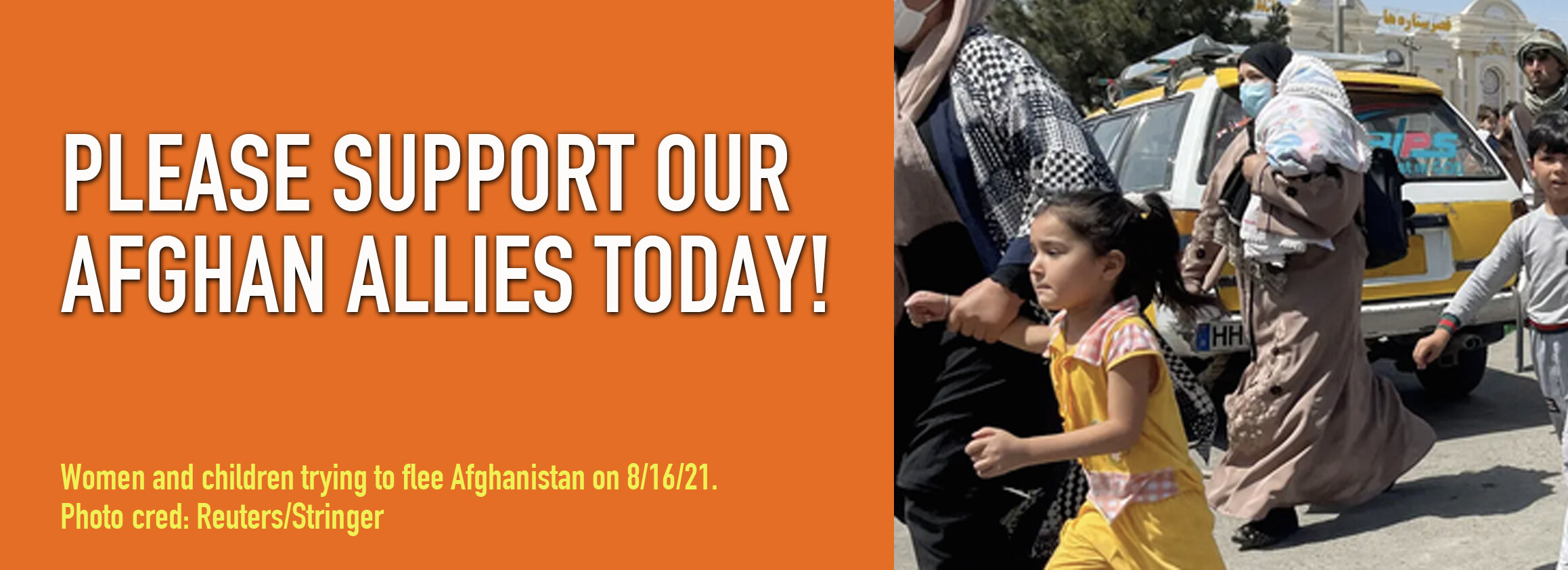Below is an excerpt from today's ABC News article. Please note, the views and opinions expressed in this article are those of the authors and do not necessarily reflect the official policy or position of Inspiritus, Inc., a nonpartisan and nonprofit agency.
The hope for refugee resettlement
In 2016, there were nearly 325 refugee resettlement agency offices across the United States. By the end of 2019, more than 100 of those sites had to permanently shut down or suspend their services, according to Krish O'Mara Vignarajah, the president and CEO of Lutheran Immigration and Refugee Service. Vignarajah said her organization, alone, had to close 17 affiliate programs during the Trump era.
"Our organization has had to reduce staff almost every quarter over a four-year period, and it's always agonizing to figure out who's the next staff member who's going to have to go," said John Moeller, head of Inspiritus, a resettlement agency that works in Georgia and Tennessee.
His organization's capacity has been reduced by 80% in the Atlanta area and, between the two states, has lost 50% of its staff.
"That means that you lose cultural competence, you lose language skills, you lose specialization in this field," he added.
To keep programs across the country alive, agencies moved staff to other immigration services that were less severely impacted or digging into their own funds as federal resources dried up.
For Zakaria Abdulrazek, 44, that has meant losing co-workers and sweating whether he was next -- even as he struggles to bring his own family to the U.S. from his native Sudan.
Abdulrazek fled Darfur in 2003 amid the genocidal violence, escaping to Libya and then Malta -- and seven long years later, he arrived in the U.S.
Now, Zak works for Inspiritus in Atlanta as a case manager, helping the latest waves of refugees adjust to life in their new home country.






























































